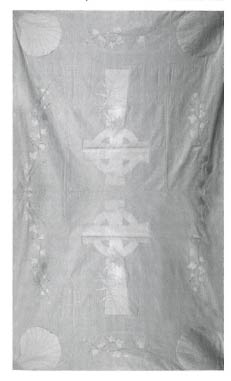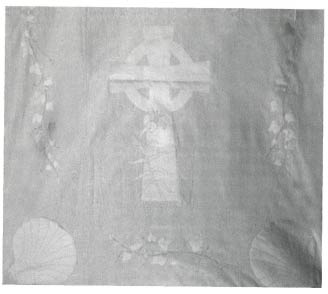Earlier this year, an elderly member of our congregation died. She had been prepared for many years and had spoken frequently about her readiness for death. Her legal and medical documents were in perfect order. Her funeral was prepaid and prearranged with the local funeral director; she had chosen her casket, flowers, and, presumably, everything else related to the “final disposition” of her body. Her preparedness was well known to her family, her pastors, and her friends. It was also well known to her family and church family members that she had spent considerable time choosing funeral music and texts that were meaningful to her. After she died, however, her family could not locate her personal preferences of song and Scripture choices. No one knew where she had placed her written instructions. At her funeral, we gathered in Christ’s name to proclaim his resurrection as well as hers. Yet something seemed to be missing from this service of worship. This woman had dialogued at length with her own death, and we had heard only part of the conversation.
Prearrangement at the Funeral Home

People make prearrangements with their funeral director for many reasons. Good pastoral care providers recognize that one of the most important functions of funeral prearrangement is for people to have a place to express their wishes after their death. These decisions are immensely personal and important. Sometimes they take much time and multiple visits to the funeral home. There is weightiness to this process and the decisions surrounding it. Anticipating one’s own death is one thing, but prearrangement is about planning its details.
Family considerations and sensitivities also play a part in advanced planning. Although all of us must die our own death, in prearrangement we inevitably must imagine and then express the details of a future without ourselves in it. The financial cost of death is nearly always burdensome for preplanners. This burden is compounded when a spouse must make prearrangements for a failing mate. Each component makes the decisions surrounding choosing a casket, a cemetery plot, and a grave marker particularly draining. Funeral directors recognize this too, and trustworthy ones give their customers a wide range of guilt-free choices, references, and as much time as they need for decision-making. In addition, some parishioners need pastoral care, support, and guidance throughout this process: “Pastor, I am afraid to tell my children that I have chosen cremation. . . .”
Although many funeral directors are willing to help their customers document their wishes for the funeral service, their patrons rarely come to them with these details in mind. Often, decisions about Scripture texts, as well as decisions on songs and musical accompaniment, are left for clergy and family. Some people may prefer to leave these decisions to others. But most people express a desire to shape some aspects of their own funeral service. In these cases, decisions to be made about specific funeral service arrangements should not stop at the funeral home.
Prearrangement and Ministry
I have found conversations with people who make an appointment to talk with me about their wishes for their funeral service to be extremely meaningful. Sometimes these conversations take place because disease or increasing age makes death seem closer. Sometimes the person is dying. Other times, though, a person who is in good health has begun to think about their mortality and wants to speak to his or her pastor. In all of these situations, conversation begins and ministry happens in a new way. Together we acknowledge our mortality, and together we are reminded that the relationship between parishioner and pastor is built on trust and love. Talking about death and funerals and texts and songs reinforces our roles in the relationship; we know these roles but seldom have opportunity to name them. Christ is present in these conversations, and his resurrection makes the dialogue lively.

It is good for us to think about our death. It is good for pastors and their parishioners to engage in conversation about these things. Such thinking and conversation remind us of our humanity but also help define our relationships with God and with one another.
Ever since the loss of the elderly woman whose funeral service arrangements were never found, I have made available a prearrangement form (download here) to my parishioners. Individuals, families, young people, and the elderly have used it. Completed forms can be kept on file with a funeral director or with a pastor. Several of my parishioners keep a fresh, updated copy in their Bible; some regularly ask for clean copies because of revisions. Most appreciate the idea, but not everyone is ready to have such a conversation. For those who are, however, I have seen engagement with death in this manner bear much fruit. Many, I have noticed, have found new meaning and purpose in their life because they have thought about their death. It seems to me that this is a pastor’s best undertaking.
All of us must die our own death.
